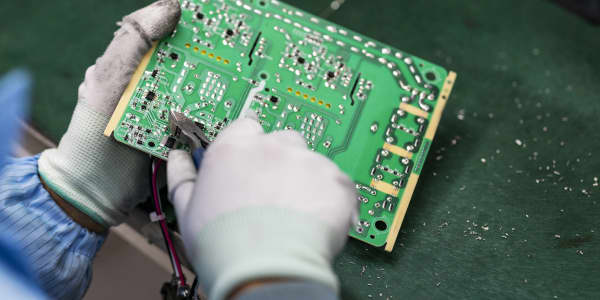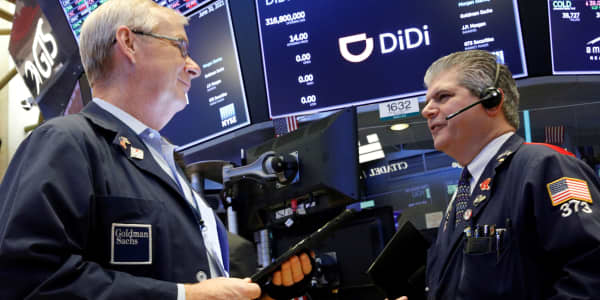
A Beijing-based venture capital firm said it is adjusting its investment strategy amid a "hard reset" in the relationship between the U.S. and China.
"Certainly, events like the banning of selling components to ZTE and some of the discussions around displacing a lot of higher-end manufacturing supply chain out of China will certainly cause us to continue to work to develop native industries," said Ben Harburg, managing partner of MSA Capital, a Beijing-based venture capital firm with over $1.5 billion under management.
MSA Capital focuses on investments in the consumer internet, mobility, and life sciences sectors. It is invested in bike-sharing company Mobike and online food delivery-to-ticketing services platform Meituan Dianping.
Harburg said the firm is now focusing on "things that would be developed organically, domestically and will have a lot less dependence on U.S. inputs." He was speaking at CNBC's East Tech West conference in the Nansha district of Guangzhou, China.
Among its investments in the last few months are chips, robotics and machines, Harburg said.
"Regardless of what happens in Argentina, the expectation is there's a hard reset going on in relations between China and the United States, so I don't think that will necessarily change [even] if we are able to assuage some of the issues around trade deficits or the issues around technology transfer, IP theft," he said of the upcoming meeting between President Donald Trump and his Chinese counterpart Xi Jinping at the G20 summit.
In the long run, the trade dispute between the two economic giants will spur the development of China's supply chain and improve Chinese businesses' targeting of markets beyond the U.S., Harburg said.
That comes as Chinese entrepreneurs also are increasingly thinking about globalization from the get-go as they seek diversification from the highly competitive domestic market, Harburg said.




